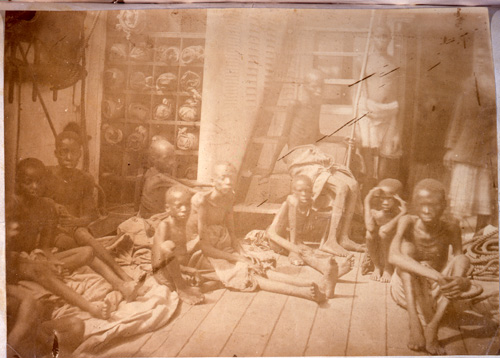By the BP Editorial Board
The Holocaust is a very complicated subject, and approaching it in casual conversation can be dangerous, to say the least. One of the ways it comes up from time to time is when other historical tragedies do. Is it okay to compare the Holocaust to any other?
This question reared its head in an incident at Town Hall Dec. 23, when Mr. Lawton Gray, principal of Oak Avenue Intermediate School in Temple City, came to present on the challenges African-Americans face in modern America. At one point he was asked whether outsiders could ever fully understand the plight of blacks in America.
Mr. Gray said that he believed Jews were especially well suited to do so because the Holocaust was similar to American slavery. This comparison seemed to upset Rabbi Segal, who acknowledged the good intentions of Mr. Gray’s comment but then said comparing the Holocaust to other tragedies was problematic, and could be painful or offensive to some.
Students then supported the initial comparison. Sophomore Micha Thau drew from examples he had learned in Mr. Reusch’s American History class to illustrate point for point how he believed the two calamities were comparable. For example, both of them involved starvation, torture, spatial confinement and death.
And yet the question lingered in the air, continuing in hallway conversations in the days and weeks that followed.
We at the Boiling Point are conflicted over this issue too. On one hand, the Holocaust is a tragedy beyond words, and it can be extremely upsetting when people try to belittle it by comparing it to other historical events. It’s infuriating on so many levels when people draw parallels between the Holocaust and Israel’s treatment of Palestinians.
But in this case, the comparison really struck us as harmless, more like an acknowledgement of common suffering than anything else. We can all accept that the Holocaust and American slavery were both terrible; perhaps the Holocaust was more intense, while slavery lasted for hundreds of years. It doesn’t have to be a contest of which one was worse. Let’s just call them apples and oranges and appreciate that we’ve both experienced historical tragedies. In the long run, that commonality can unite our communities.

